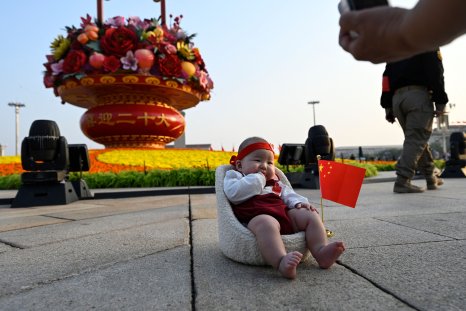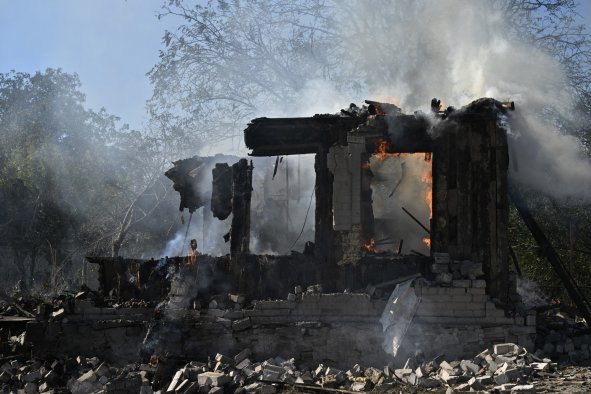Your support helps us to tell the story
Support NowAs your White House correspondent, I ask the tough questions and seek the answers that matter.
Your support enables me to be in the room, pressing for transparency and accountability. Without your contributions, we wouldn't have the resources to challenge those in power.
Your donation makes it possible for us to keep doing this important work, keeping you informed every step of the way to the November election

Andrew Feinberg
White House Correspondent
Pope Francis has appealed for the release of Myanmar’s jailed former leader Aung San Suu Kyi and even offered to shelter her at the Vatican.
“I asked for Ms Aung San Suu Kyi’s release and received her son in Rome,” he reportedly said in a private conversation during his recent 12-day tour of southeast Asia. “I offered the Vatican to receive her in our territory.”
Myanmar’s future, the Pope added, “must be peace based on respect for the dignity and rights of all, on respect for a democratic order that allows everyone to contribute to the common good”.
The remarks were reported in an article for Italian daily Corriere della Sera by Father Antonio Spadaro, a Jesuit priest who attends the Pope’s meetings and writes about them afterwards with his permission.
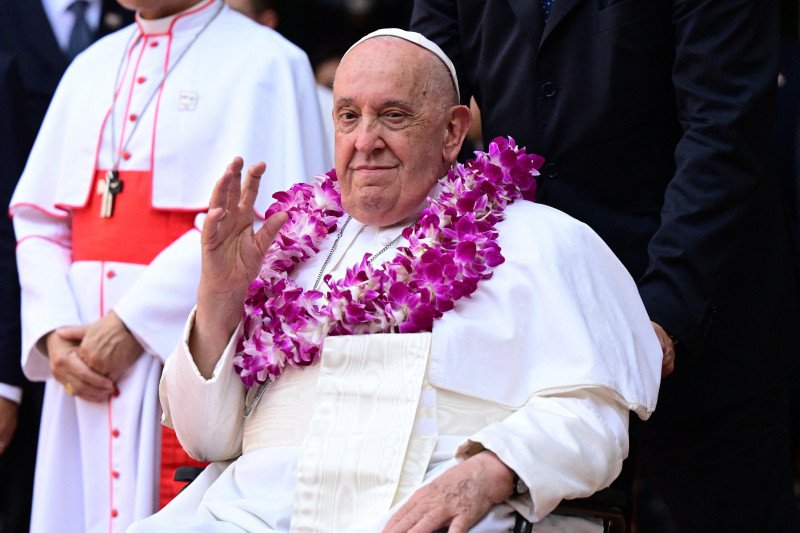
Ms Suu Kyi has been sentenced to 27 years in prison after the military removed her and her democratically elected government from power in a 2021 coup.
She was jailed on a string of charges, including the illegal import of walkie-talkies, that are widely viewed as being politically motivated.
Many governments have called for her unconditional release along with thousands of others who were detained in a bloody crackdown that the junta unleashed against pro-democracy protests following the coup. While the protests have been quashed, the military is now engaged in a bitter civil conflict with rebel groups along much of the country’s border regions.
Ms Suu Kyi, daughter of modern Myanmar’s founder, was hailed as a global icon for human rights and awarded the Nobel Peace Prize after she waged a long fight to restore democracy in her country, during which she spent many years in house arrest.
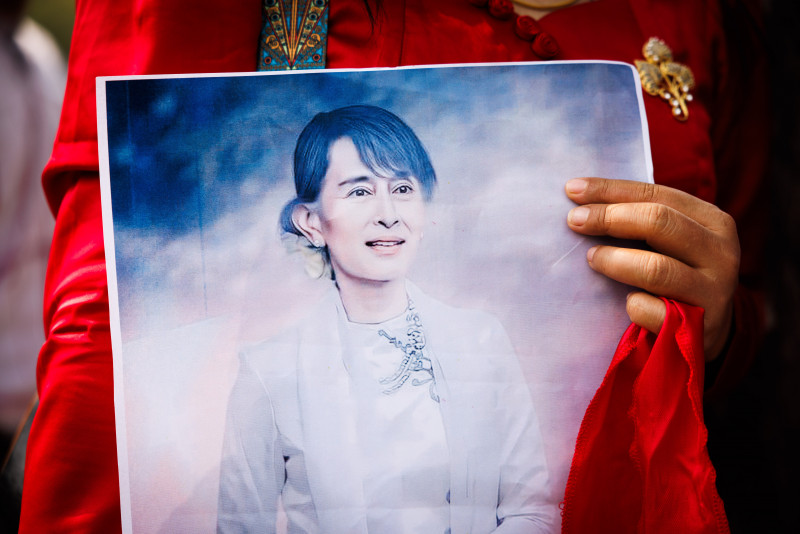
She was named state councellor in 2016, becoming the de facto leader of the country, after her NLD party won the first democratic elections in the country for more than five decades.
With the military still wielding a sizeable amount of legislative power thanks to a 2008 constitution, Ms Suu Kyi was heavily criticised abroad for appearing to defend the brutal treatment of the country’s Rohingya Muslim minority. She declared that Rohingya refugees had exaggerated the extent of atrocities and that Myanmar was the victim of “unsubstantiated narratives” by human rights groups and UN investigators just before the International Court of Justice ruled that the Muslim minority remained “at serious risk of genocide”.
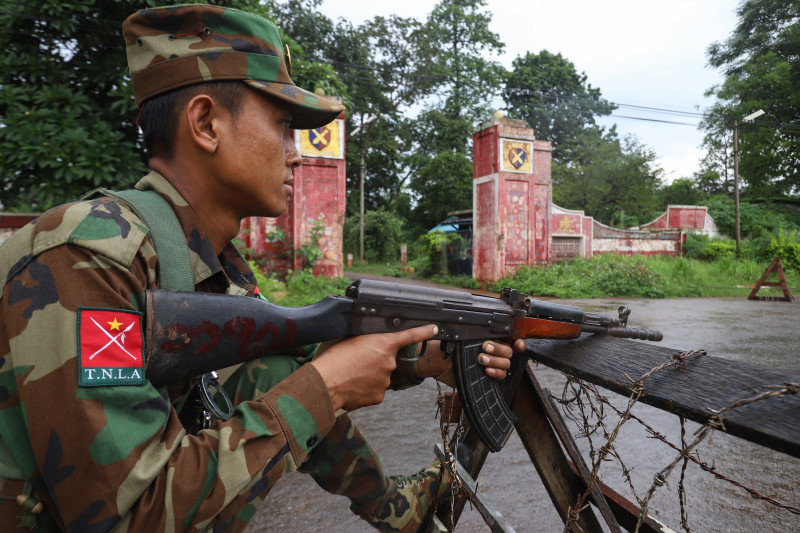
Ms Suu Kyi met Francis in November 2017. The meeting sparked criticism of the pontiff for not mentioning the plight of the Rohingya while he called more generally for peace and the respect of human rights in Myanmar.
The Pope’s latest remarks came in the wake of a UN report stating that Myanmar’s ruling military junta had ramped up killings and arrests in an apparent bid to silence critics. The junta is also recruiting soldiers for its escalating conflict with ethnic tribes.
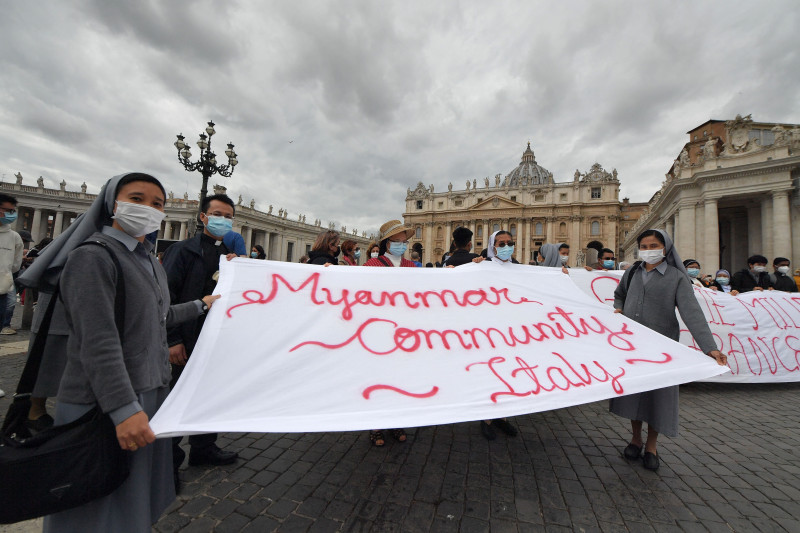
The junta this month declared three of the most powerful armed ethnic groups fighting against the country’s army as terrorist organisations, state broadcaster MRTV reported. Myanmar is engulfed in a civil war which has lately seen the army forced onto the back foot by militias seeking autonomy for their regions.
Disclaimer: The copyright of this article belongs to the original author. Reposting this article is solely for the purpose of information dissemination and does not constitute any investment advice. If there is any infringement, please contact us immediately. We will make corrections or deletions as necessary. Thank you.


